Derek Chauvin, convicted of all charges 8:55
(CNN) -
With Derek Chauvin's convictions secured, the other three former Minneapolis Police officers who were on the scene during George Floyd's death last May will be tried in August.
J. Alexander Kueng, 27 years old;
Thomas Lane, 38, and Tou Thao, 35, are charged with aiding and inciting willful manslaughter and aiding and abetting accidental manslaughter.
They have pleaded not guilty.
Prosecutors have also appealed to reinstate a life count of unintentional manslaughter against him.
The four officers were initially scheduled to be tried together, but Judge Peter Cahill ruled in January that Chauvin's trial would be held separately, citing limits on courtroom attendance due to COVID-19 precautions.
Technically, the verdict against Derek Chauvin - last week - on charges of unintentional manslaughter in the commission of a felony, unintentional manslaughter with disregard for life and accidental manslaughter of George Floyd has no legal bearing on the criminal case against the others. three agents.
However, the reality is that Chauvin's trial could affect his case in several key ways.
Derek Chauvin will remain in a segregated maximum security unit in prison, while awaiting sentencing
Derek Chauvin's reaction to the 1:17 verdict
First, jurors at the next trial will be instructed not to consider Chauvin's guilty verdicts, but they will likely hear about them because of the publicity of the trial.
Chauvin's guilt is also important because an acquittal would have been "disastrous" for the prosecution's case against the other three officers, in terms of appearances and public opinion, according to CNN senior legal analyst Elie Honig.
A still unknown impact hinges on Chauvin's next sentencing, which is scheduled for June.
If Chauvin receives a severe sentence, in the range of 30 to 40 years in prison, the other ex-agents may have an additional incentive to reach an agreement with the prosecution, Honig said.
Prosecutors could also have a similar incentive.
The aiding and abetting murder charges are, by definition, one step away from Chauvin's actions, making this a "substantially more difficult case" for the prosecution, Honig said.
Some details of the case may also generate more empathy on the part of the jury compared to Chauvin's eerie indifference.
For example, Lane and Kueng were rookie agents with only a few days of experience, and Lane twice asked Chauvin to move Floyd from his side, according to a criminal complaint.
"If I'm looking at this pragmatically as a prosecutor, I have to admit that this is a more difficult case," Honig said.
The upcoming trial will be very similar to Chauvin's, likely with many of the same bystander witnesses, use of force experts, and medical experts.
But because there are three defendants, each presenting their own arguments, the trial is likely to be longer and more complicated than Chauvin's, Honig explained.
Why was Chauvin found guilty when so many other agents were never convicted?
The roles of the other three agents in Floyd's death
From left to right, ex-officers J. Alexander Kueng, Thomas Lane and Tou Thao, who will stand trial in August.
The actions of the three former police officers, on May 25, 2020, were shown in detail during Chauvin's trial in videos of bystanders, police body cameras and surveillance videos.
Lane and Kueng were the first officers to go to the scene when a Cup Foods store employee called police about a man using an alleged counterfeit $ 20 bill. The two officers then went to a vehicle where Floyd was. sitting in the driver's seat.
Lane pulled out his firearm and pointed it at Floyd, yelling at the 46-year-old black man to show his hands, according to body camera footage.
Lane pulled Floyd out of the vehicle and handcuffed him, and after a conversation on the sidewalk, officers moved to put Floyd in the back of their cruiser.
Floyd resisted entering the cramped vehicle, saying it was claustrophobic, and officers physically fought with him and tried to force him inside, videos show.
Chauvin and Thao arrived in a separate squad car and tried to help Floyd get into the vehicle.
Chauvin then removed Floyd from the vehicle and placed him face down on the street, videos show.
He rested his knees on Floyd's neck and back, while Kueng supported Floyd's torso and Lane supported his legs.
Floyd remained in that position, handcuffed and face down, for 9 minutes and 29 seconds, prosecutors said during Chauvin's trial, even when he repeated "I can't breathe" and called his "mom."
He finally stopped breathing, passed out, and lost his pulse.
As Chauvin, Kueng, and Lane held Floyd, Thao stood nearby and prevented the concerned onlookers from approaching, repeatedly raising his voice and arguing with them.
During immobilization, Lane is heard asking, "Should we turn him on his side?"
and Chauvin replied, "No, let's leave it where we have it," according to body camera videos.
Minutes later, Lane said again, "Do you want to put it on the side?" The videos show.
Kueng checked Floyd's pulse, but couldn't feel it.
Officers at no time moved Floyd to a lateral recovery position to help him breathe.
The four officers were fired following the release of the passerby video, and were arrested and charged days later.
How was Derek Chauvin's career?
This is what we know
The background of the three ex-agents
Both Kueng and Lane were rookie agents without much experience.
Kueng was hired as a Minneapolis Police officer in December 2019. He had joined the Department as a cadet in February 2019. He had no prior complaints.
When Floyd's death occurred, it was Kueng's third shift as a police officer, his attorney Thomas Plunkett said last year.
Chauvin was Kueng's training agent, according to Plunkett.
Lane also joined the Police Department as a cadet in February 2019. He had no history of complaints.
He had been in the police force for four days when Floyd died, his attorney Earl Gray said last year.
Lane was "doing everything I thought I was supposed to do as a four-day cop," Gray said.
Thao had been a police officer for the Minneapolis Police Department since 2012. He had six internal affairs complaints, one of which was still open, according to a public summary from Minneapolis Police Department Internal Affairs.
The other five were closed without disciplinary action.
- CNN's Harmeet Kaur and Nicole Chavez contributed to this report.
Derek Chauvin George Floyd

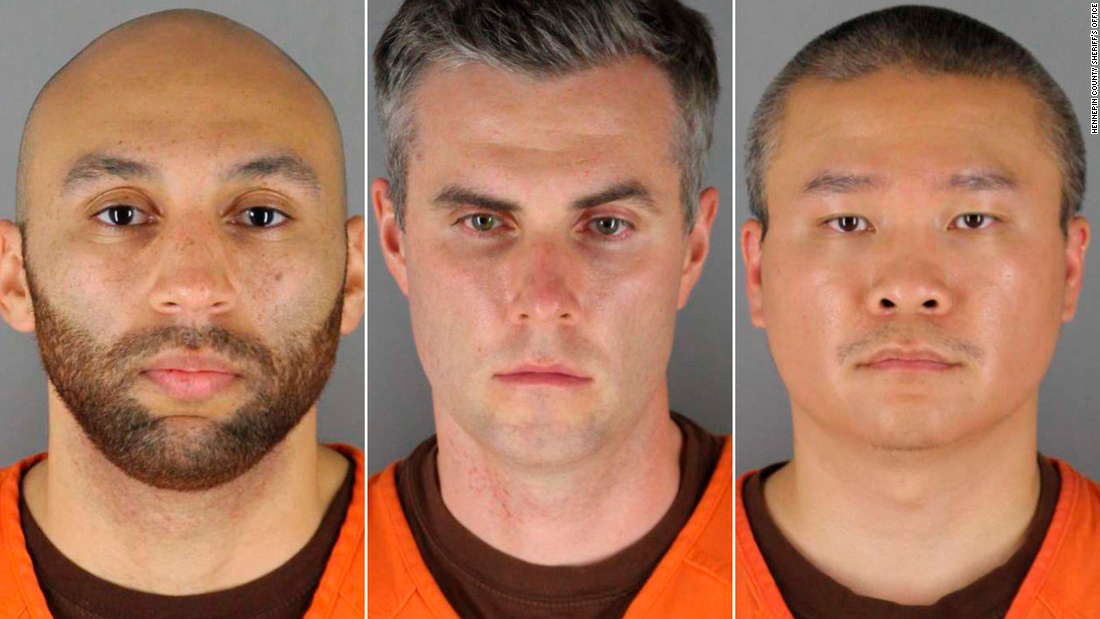
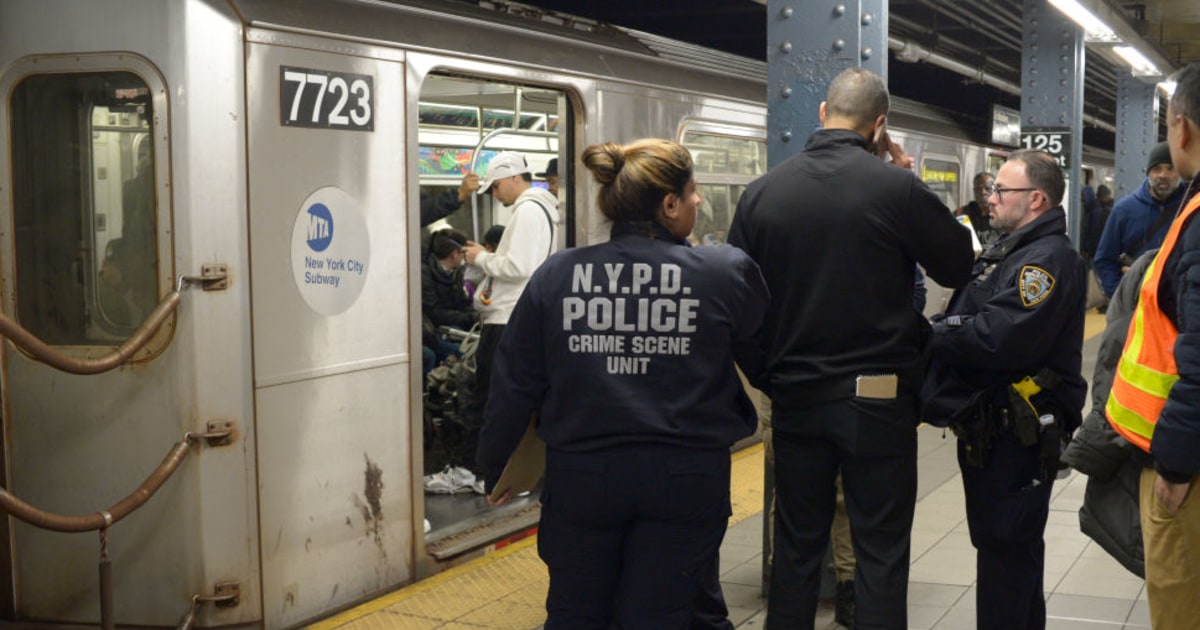
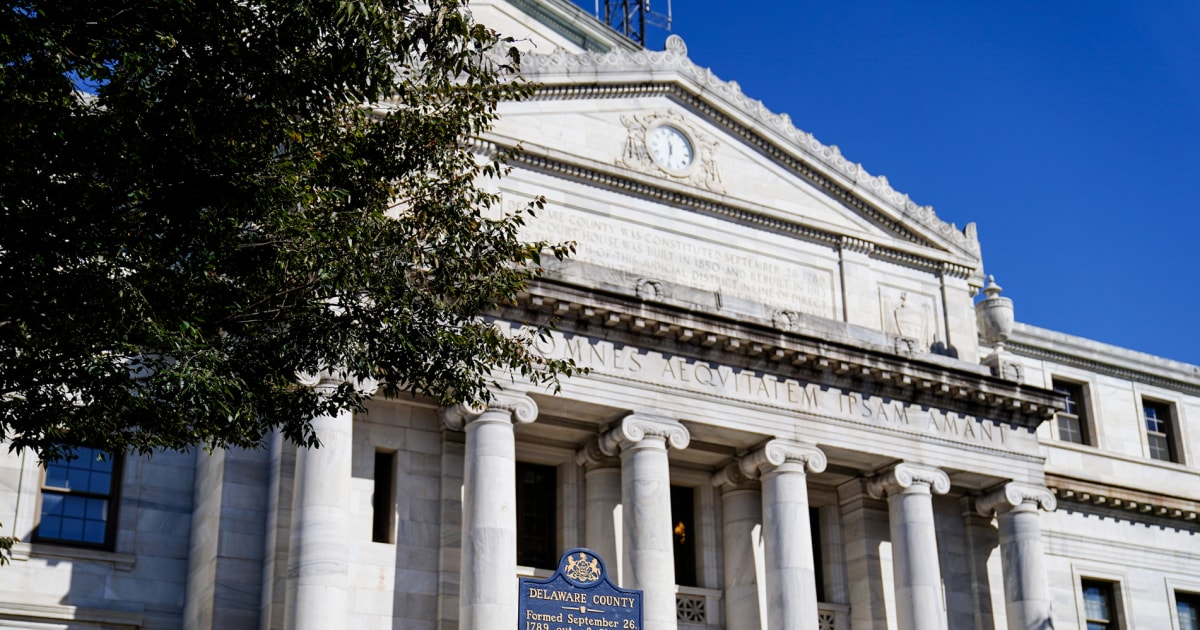
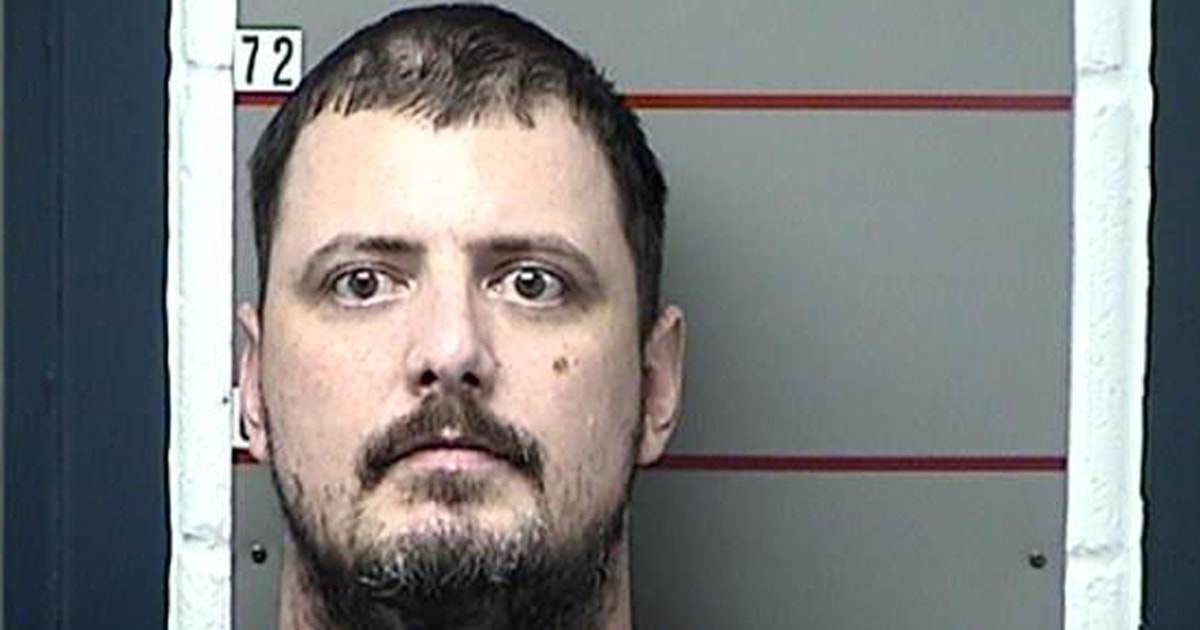

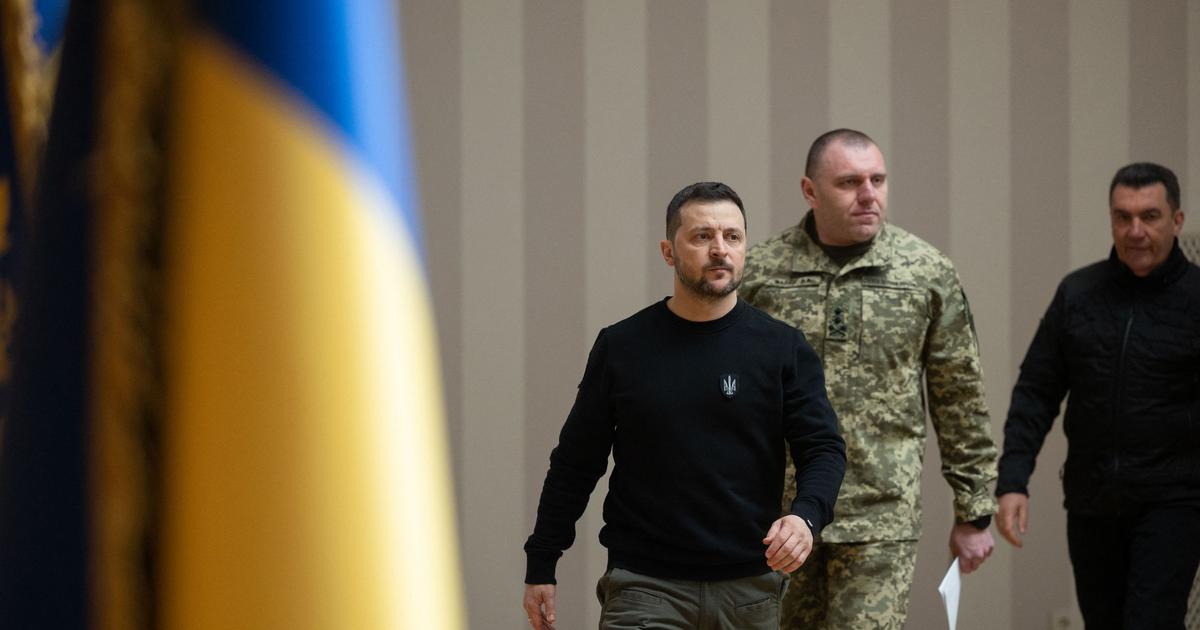
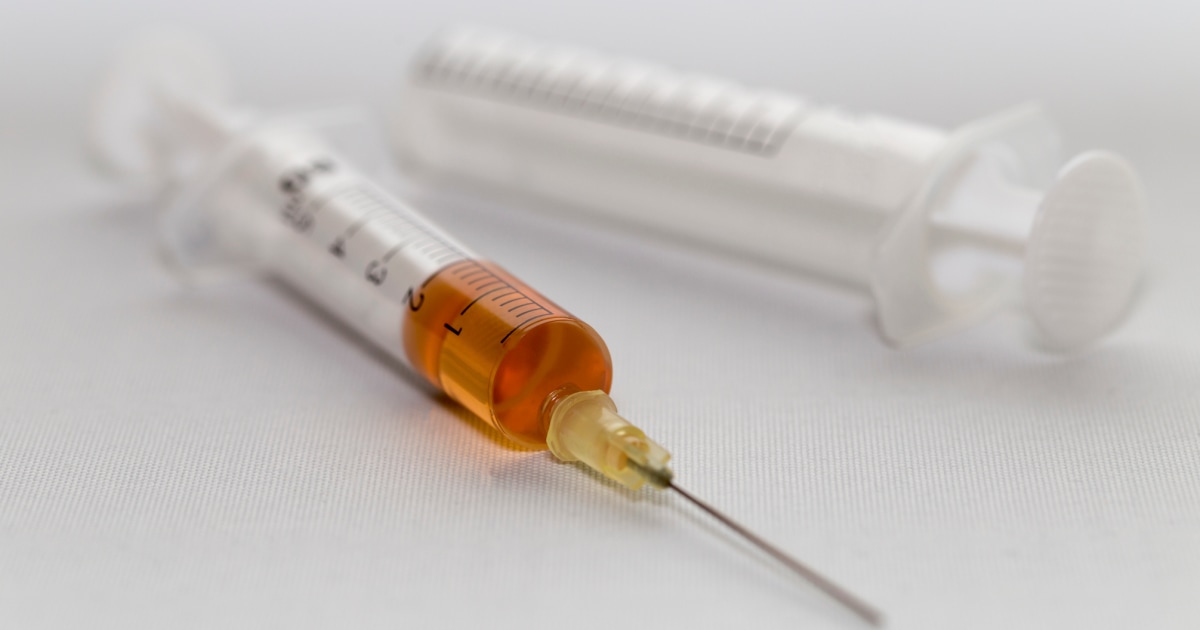
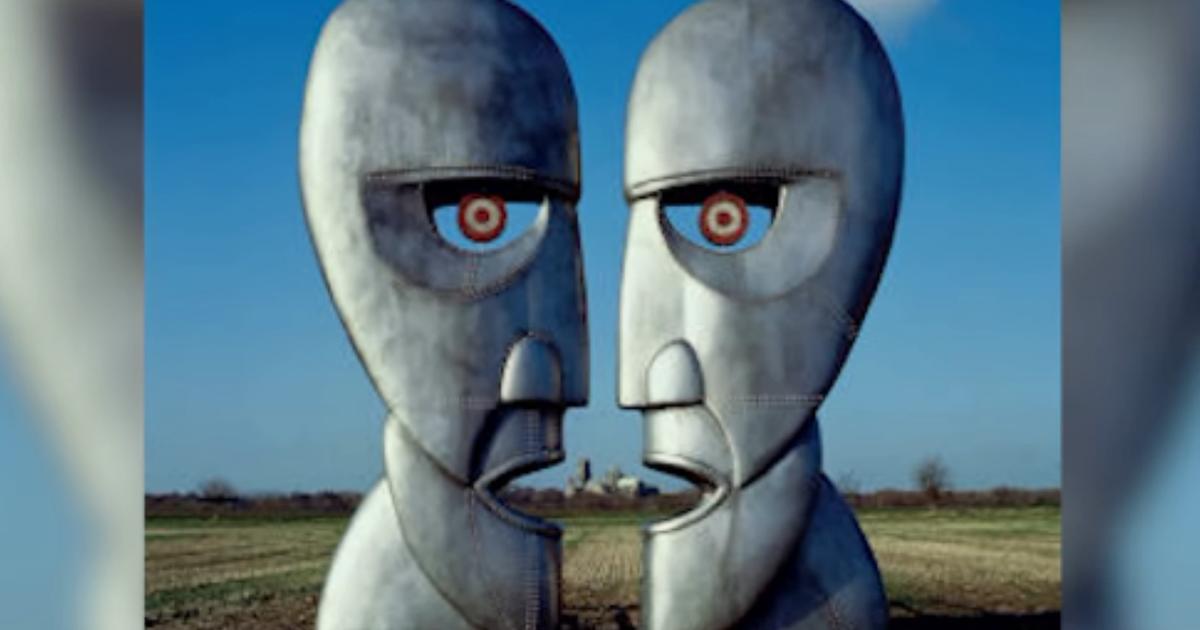



/cloudfront-eu-central-1.images.arcpublishing.com/prisa/KMEYMJKESBAZBE4MRBAM4TGHIQ.jpg)


